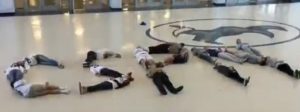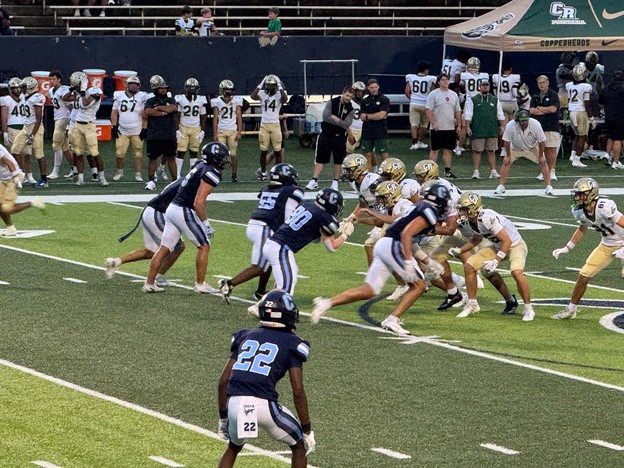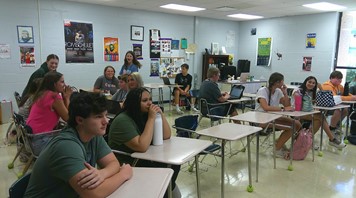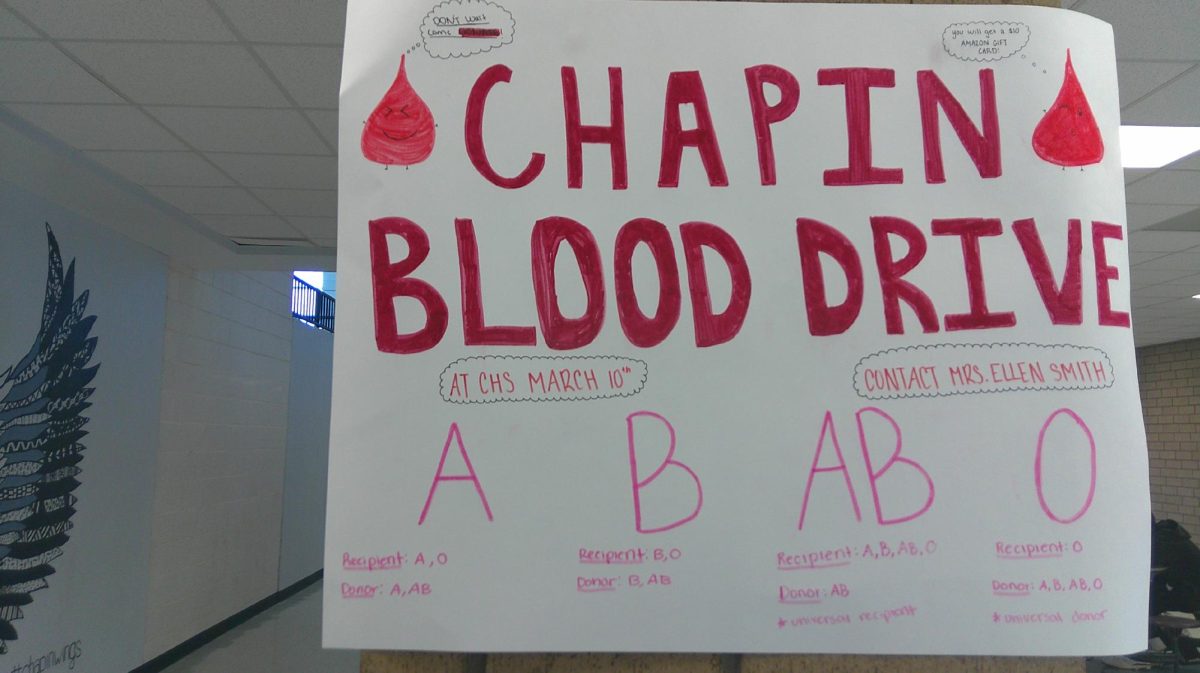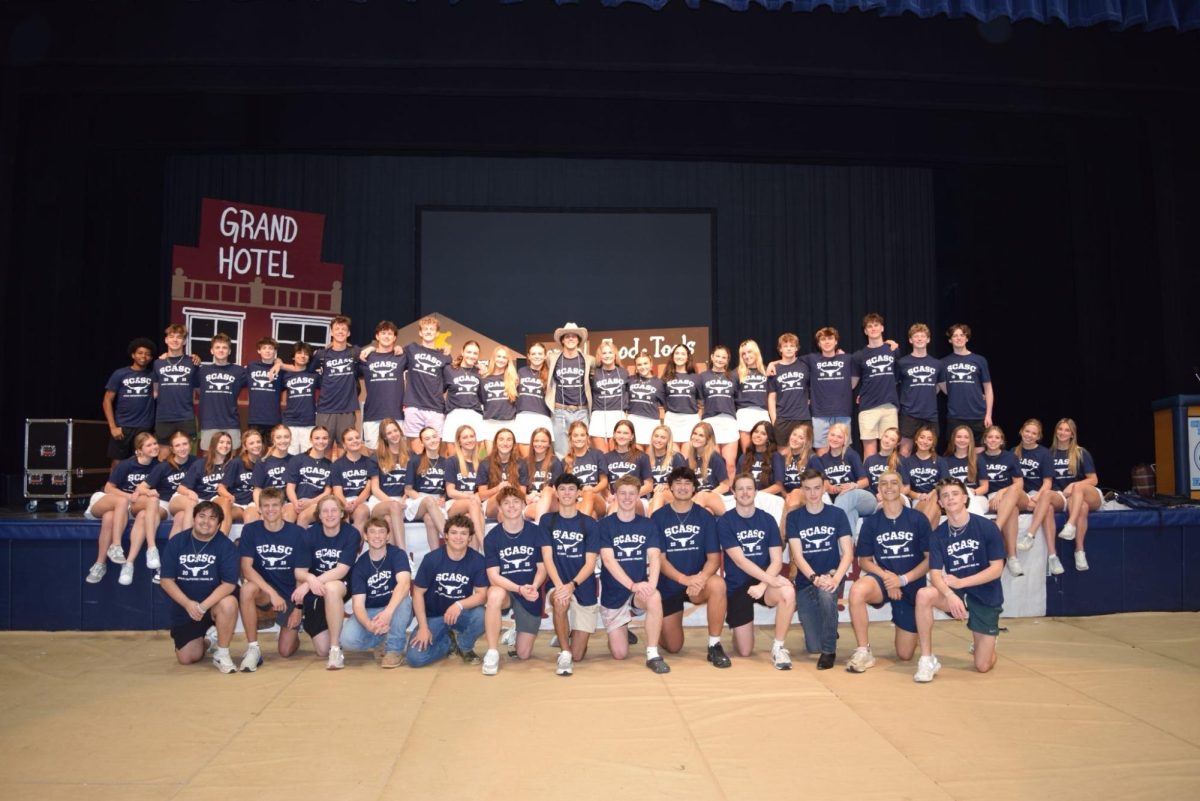A question is asked. There is tentative silence. The students in this room exercise thought. It is an apparent passion in all of the students; but perhaps it is the only commonality. I see Christians and Atheists, introverts and extroverts, the most vocal and the quietest of the student body.
When asked to give a profile of the average Free Thinkers Society member, president Nick Conners stated, “You can’t. You can’t generalize the type of people that come to this club.”
This illuminates an interesting point. Many believeChapinHigh Schoolepitomizes white, preppy, upper class society.
Senior Zachary Kirby says, “People think we are all a bunch of rich, white southerners.” In fact, that is Chapin’s reputation in District 5.
But the students love the contradiction. Chapin is not all the same. Diversity does exist. “We get this idea we live in a Chapin bubble, but that’s not the case. If you put forth the effort to find diversity, it will change you. We have FCA, the Key Club, and the International Club, which are all orthodox clubs which focus on orthodox ideas. That’s why Free Thinkers was created, to create an unorthodox club for people who are completely different,” says senior and founder Dylan Barbian.
But what does “completely different” mean?
In a high school context, completely different can simply mean those who are aware of the realities outside of high school- those who enjoy asking why.
Ms. Jennifer Henry, club sponsor and English teacher, described the club members: “They’re the same kids in class that get frustrated when the conversation is very obvious.”
Not all students are fans of the new club. Sophomore Sierra Wardrup does not see the need for a Free Thinkers Society.
She said, “I think it’s unnecessary because most people don’t care about their opinions. I think people are entitled to their opinion but we don’t really need a club for it.”
Members would argue the club is not about forcing their opinions on others. It is just a place to express those opinions.
Free thinker sessions always focus on complex and controversial ideas. Religion, morality, faith, and censorship are among the topics that dominate the meetings. With all the strong viewpoints, one may wonder how the meetings ever remain civilized. But the Free Thinkers Society is not a place to judge. It is a place to understand why students have different views and discover more about oneself in the process.
The Free Thinker’s celebrate the journey of self-identity, a definite mark of maturity uncommon in high school. The more discussion the club has, the more it personifies an intimate intellectual community. Controversy is invited and essential for the purpose of the club.
“It is demeaning to say, well, that’s okay that you have this viewpoint because everybody is different. . . Respect is ultimately found when you challenge somebody. It’s respectful to say this is why you’re wrong. . .,” says Conners.
